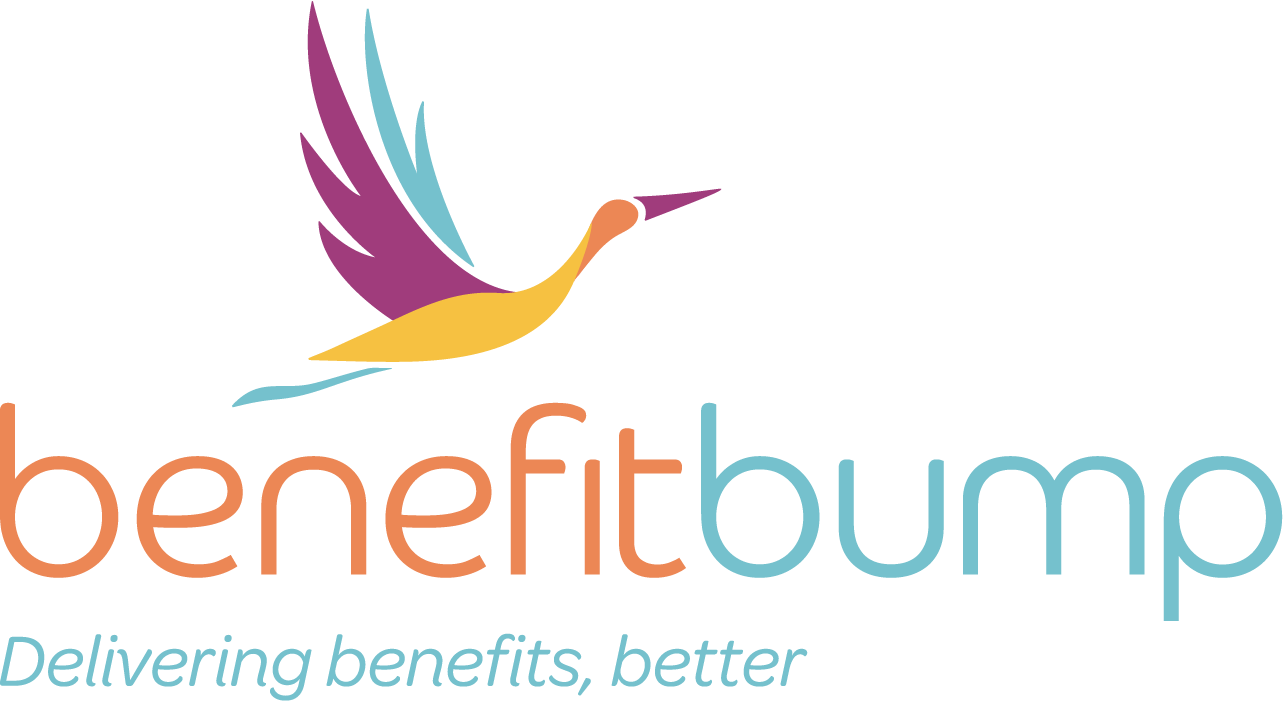How Employers Can Support Mother’s Mental Health Postpartum
May is Maternal Mental Health Month
May is recognized as Maternal Mental Health Month, which aims to raise awareness about the importance of maternal mental health and the challenges that mothers and face during the postpartum period. Postpartum mental health issues are prevalent, affecting up to 1 in 5 new mothers, and can have serious consequences for both the mother and child. As an employer, there are several ways that you can support new mothers during this critical time.
1. Offer Flexible Work Schedules
New mothers often struggle to balance work and family responsibilities, particularly during the postpartum period. One way that employers can support new mothers is by offering flexible work schedules. This could include flexible start and end times, the option to work from home, or reduced hours for a certain period. This can help new mothers to manage their workload while also taking care of their own physical and mental health needs, as well as their baby's needs.
2. Provide Mental Health Resources
Employers should also make sure that their employees have access to mental health resources, such as an Employee Assistance Program (EAP) or a mental health hotline. These resources can be a valuable source of support for new mothers who are struggling with postpartum depression, anxiety, or other mental health issues. It's important to make sure that employees are aware of these resources and know how to access them. BenefitBump can also be an invaluable resource for new and expecting mothers, with 94% of participants returning to work after having their babies and 98.4% full term births for participants.
3. Create a Supportive Work Environment
Creating a supportive work environment is also important for new mothers. This can include things like providing a private room for breastfeeding or pumping, allowing for breaks to take care of their baby, or providing resources for childcare. These small gestures can go a long way in making new mothers feel supported and valued in the workplace.
4. Lactation Support
Lactation Consultants play an important role in driving positive outcomes and supporting families who choose to breastfeed. They can educate, provide information, and support new parents on their breastfeeding goals. Half of breastfeeding parents report feeding problems, with 44% saying that pain is a problem. Lactation consultations improve breastfeeding outcomes, helping to increase the number of women initiating breastfeeding and the number of women breastfeeding exclusively.
5. Offer Maternity Leave and Parental Leave to Non-birth Parents if Possible
Finally, one of the most important things that employers can do to support new mothers is to offer maternity leave. This allows new mothers to take the time they need to recover from childbirth, bond with their baby, and adjust to their new role as a parent. It's important to offer a reasonable amount of time off, as well as any necessary accommodations to support new mothers during this critical time. Offering parental leave to non-birth parents gives fathers a chance to bond with the baby as well, leading to better health outcomes for both mother and baby.
6. Communicate and Advertise the Benefits You Provide
We suggest employers actively advertise, promote and communicate with employees what family-friendly benefits you provide. We often hear that employees didn’t take much notice of the family-friendly benefits when they started with the company because they didn’t have any kids then, so they appreciate how at BenefitBump we share all of their employer’s benefits in one easily accessible place.
In conclusion, there are many ways that employers can support new mothers during the postpartum period. By offering flexible work schedules, providing mental health resources, providing lactation support, creating a supportive work environment, offering maternity and parental leave, and communicating benefits clearly employers can help new mothers to thrive both in and out of the workplace. This not only benefits the mother but also contributes to a happier and more productive workforce overall.

